Are you curious about the latest trends in EdTech? Want to know the Top 10 EdTech Startups in the USA that are changing the way we teach and learn? Then this article is for you! In this post, we’ll explore the most innovative and impactful EdTech startups that are transforming the education landscape in America.
Table Of Contents
EdTech Startups Overview
EdTech, or educational technology, refers to the use of technology to improve the delivery of education and learning experiences. EdTech startups are companies that leverage technology to create innovative solutions for educators and students.
The importance of EdTech startups cannot be overstated. With the increasing demand for personalized and remote learning experiences, EdTech startups are helping to bridge the gap between traditional classroom-based learning and modern-day learning methods. EdTech startups are also making education more accessible and affordable for students of all ages and backgrounds.

The EdTech startup landscape in the USA is dynamic and highly competitive. There are hundreds of EdTech startups in the USA, each offering unique solutions to the challenges facing the education sector. In this article, we will highlight the top 10 EdTech startups in the USA based on our selection criteria.
Criteria for Selection
The selection criteria used to identify the Top 10 EdTech startups in the USA included:
- Innovation: The startup should be developing innovative products or services that are unique and have the potential to disrupt the education industry.
- Impact: The startup should have a positive impact on education, whether by improving student outcomes, making education more accessible, or providing valuable resources for teachers.
- Scalability: The startup should have the potential to scale and reach a large number of users, whether in the US or globally.
- Team: The startup should have a strong and experienced team with a proven track record of success.
- Funding: The startup should have secured significant funding, whether through venture capital, grants, or other sources.
These criteria were used to evaluate a wide range of EdTech startups, with a focus on those based in the USA. The Top 10 EdTech startups were selected based on their performance in these areas, as well as their overall potential for success in the education industry.
Top 10 EdTech Startups in the USA
Here are the Top 10 EdTech startups in the USA, selected based on the aforementioned criteria:
Startup #1: Coursera
Coursera is a leading online education platform founded in 2012 by Andrew Ng and Daphne Koller. The platform offers thousands of courses and degree programs from top universities and institutions around the world. Coursera’s mission is to provide universal access to high-quality education, and its target audience includes learners of all ages and backgrounds who want to enhance their skills or pursue a degree.
Coursera has raised over $464 million in funding and is headquartered in Mountain View, California. The platform’s unique features include access to courses from over 200 top universities and industry partners, flexible learning options, and a range of certificates and degrees. Coursera’s success stories include helping learners from over 190 countries gain new skills and advance their careers.
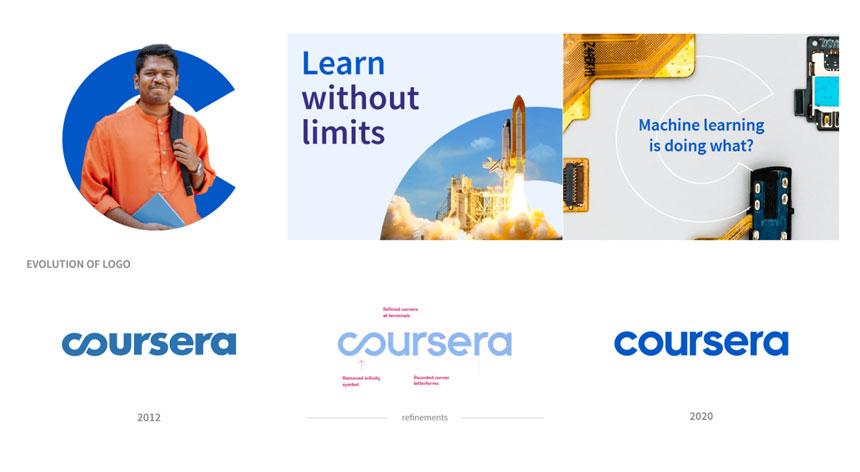
Startup #2: Duolingo
Duolingo is a language-learning platform founded in 2011 by Luis von Ahn and Severin Hacker. The platform offers free and paid courses in over 40 languages, using gamification and adaptive learning techniques to make language learning fun and effective. Duolingo’s mission is to make education free and accessible to all, and its target audience includes learners of all ages who want to learn a new language.
Duolingo has raised over $183 million in funding and is headquartered in Pittsburgh, Pennsylvania. The platform’s unique features include a fun and engaging interface, personalized learning experiences, and a range of courses for different levels and interests. Duolingo’s success stories include helping over 500 million people worldwide learn a new language.
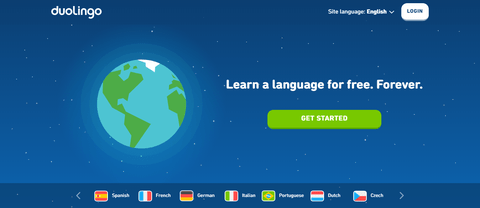
Startup #3: Udacity
Udacity is a platform for lifelong learning founded in 2011 by Sebastian Thrun, David Stavens, and Mike Sokolsky. The platform offers courses and programs in technology, data science, artificial intelligence, and business, designed to help learners advance their careers or start new ones. Udacity’s mission is to democratize education by making high-quality learning accessible to anyone, anywhere, and its target audience includes learners of all ages and backgrounds.
Udacity has raised over $163 million in funding and is headquartered in Mountain View, California. The platform’s unique features include personalized learning experiences, industry-aligned courses, and mentorship from experts in the field. Udacity’s success stories include helping learners from over 190 countries gain new skills and advance their careers.

Startup #4: Khan Academy
Khan Academy is a nonprofit educational organization founded in 2008 by Salman Khan. The platform offers free online courses and resources in math, science, history, economics, and more, using a personalized learning approach. Khan Academy’s mission is to provide free, world-class education for anyone, anywhere, and its target audience includes learners of all ages and backgrounds who want to learn at their own pace.
Khan Academy is funded by donations and is headquartered in Mountain View, California. The platform’s unique features include a personalized learning dashboard, interactive exercises, and in-depth articles and videos. Khan Academy’s success stories include helping millions of learners worldwide improve their understanding and mastery of various subjects.

Startup #5: MasterClass
MasterClass is an online education platform that offers classes taught by celebrities and industry experts in various fields such as arts, music, writing, cooking, and more. The company was founded in 2015 by David Rogier and Aaron Rasmussen and is headquartered in San Francisco, California.
The unique aspect of MasterClass is that it offers high-quality video lessons that are taught by some of the most accomplished individuals in their respective fields. For example, MasterClass has courses taught by renowned chefs such as Gordon Ramsay and Alice Waters, writers such as Malcolm Gladwell and Margaret Atwood, and even athletes such as Serena Williams and Steph Curry.
The platform offers an annual subscription model, giving learners access to all of the classes for a flat fee. MasterClass has raised over $236 million in funding and has more than 100 classes on offer. Its unique approach to online education has made it a popular choice for those who want to learn from the best in the industry.

Startup #6: Brainly
Brainly is a peer-to-peer learning platform that allows students to ask and answer homework questions in a collaborative environment. The company was founded in 2009 by Michał Borkowski, Tomasz Kraus, and Łukasz Haluch and is headquartered in Krakow, Poland, with additional offices in New York City and Manila.
The platform enables students to ask questions in various academic subjects, and other students from around the world can provide answers. Brainly’s approach to education is unique as it encourages collaborative learning and provides a space for students to interact with one another.
Brainly has raised over $100 million in funding and has over 350 million unique users from around the world. Its mission is to make education accessible to everyone and to provide a platform for students to help each other learn. Brainly has become a popular choice for students who want to learn and collaborate with their peers in a digital environment.
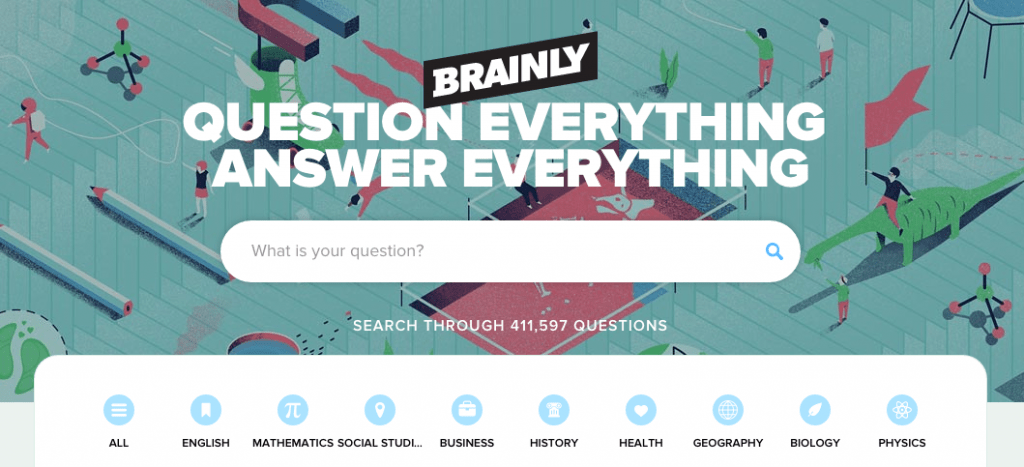
Startup #7: Lambda School
Lambda School is an online coding boot camp that provides students with an intensive, immersive, and hands-on learning experience. The company was founded in 2017 by Austen Allred and Ben Nelson and is headquartered in San Francisco, California.
Lambda School’s unique approach to education is that it offers a deferred tuition model, meaning that students don’t pay for the program until they secure a job in their field after graduation. Lambda School’s immersive program is designed to teach students the skills they need to succeed in the tech industry and provides them with one-on-one mentorship, live instruction, and real-world projects.
Lambda School has raised over $130 million in funding and has graduated over 3,000 students from its program. Its mission is to provide accessible and affordable education to individuals who want to pursue a career in technology. Lambda School has become a popular choice for those who want to break into the tech industry but may not have the financial resources to attend traditional four-year colleges or universities.
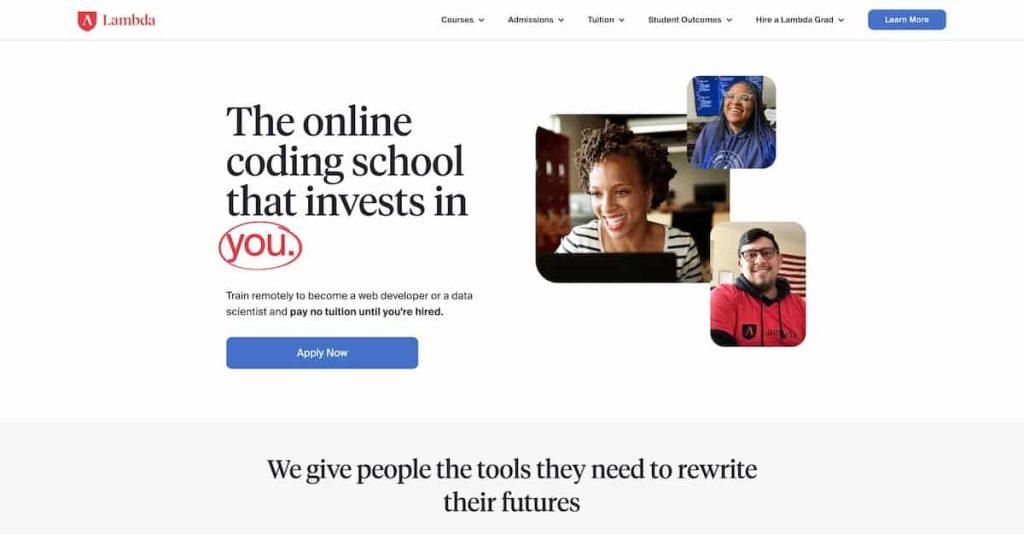
Startup #8: Quizlet
Quizlet is an online learning platform that provides users with study tools and resources to help them learn and retain information. The company was founded in 2005 by Andrew Sutherland and is headquartered in San Francisco, California.
Quizlet offers a variety of study tools, including flashcards, quizzes, and games, to help users learn and memorize information. Additionally, Quizlet provides a collaborative feature, allowing users to study with friends or classmates in real time. Quizlet also offers a marketplace where teachers can create and sell their own study materials.
Quizlet has raised over $60 million in funding and has over 50 million active users from around the world. Its mission is to help people learn and achieve their goals through effective and engaging study tools. Quizlet has become a popular choice for students of all ages and subjects, as well as educators who want to create and share study materials with their students.
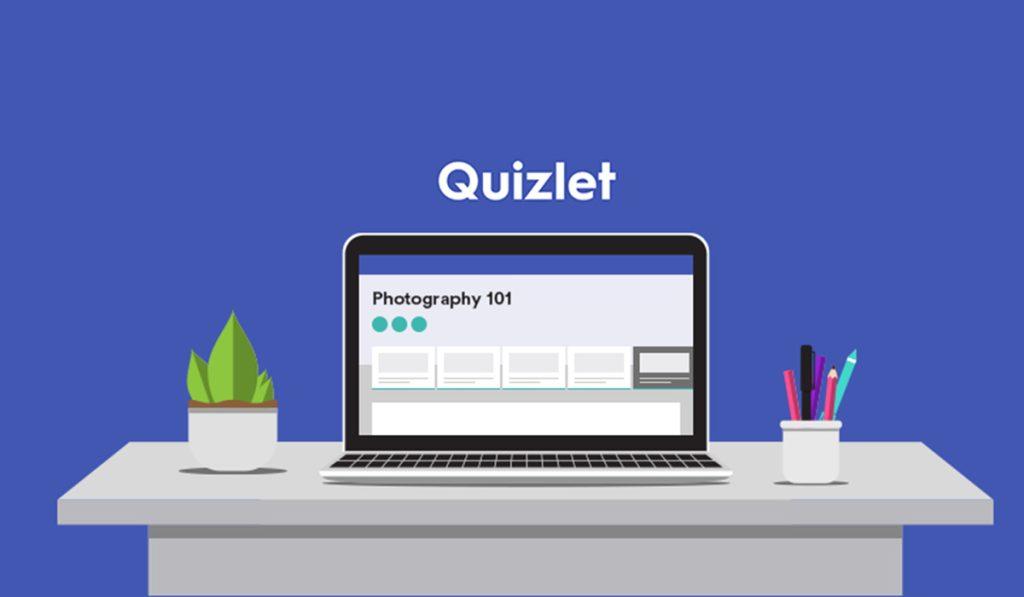
How EdTech Startups are Transforming Education
EdTech startups are transforming education in several ways. Here are a few examples:
1. Increasing Access to Education
EdTech startups are making education more accessible to people around the world. With online learning platforms like Coursera and Udemy, students can learn new skills and earn degrees without leaving their homes. This is especially important for students who live in remote areas or have limited access to educational resources.
2. Personalizing Learning
EdTech startups are using technology to personalize learning for students. Adaptive learning software like DreamBox Learning and Knewton uses algorithms to identify students’ strengths and weaknesses and provide them with customized learning experiences. This approach can help students learn more efficiently and effectively.
3. Enhancing Collaboration
EdTech startups are also enhancing collaboration between teachers and students. Learning management systems like Canvas allow teachers to create and share course materials, communicate with students, and monitor their progress. This helps teachers provide more effective instruction and gives students more opportunities to collaborate and learn from each other.
FAQs about EdTech Startups
- What is EdTech?
EdTech stands for “Education Technology.” It refers to the use of technology to enhance the teaching and learning experience.
- How are EdTech startups different from traditional educational institutions?
EdTech startups often focus on using technology to provide personalized and accessible education. Traditional educational institutions, on the other hand, may be limited by physical resources and the need to provide standardized instruction to large groups of students.
- How can EdTech startups improve education equity?
EdTech startups can improve education equity by providing access to education for people who may not have had it before. For example, online learning platforms can make education accessible to people in remote areas or those with limited access to educational resources.
- Are EdTech startups replacing teachers?
No, EdTech startups are not replacing teachers. Rather, they are providing tools that can enhance the teaching and learning experience. Teachers are still essential for providing instruction and support to students.
- How can students benefit from EdTech startups?
Students can benefit from EdTech startups by gaining access to personalized learning experiences, collaborating more effectively with their peers, and having access to educational resources that may not be available in traditional educational settings.
- Are EdTech startups here to stay?
Yes, EdTech startups are here to stay. As technology continues to evolve, we can expect to see more innovative startups that are focused on transforming education.
Conclusion
The Top 10 EdTech Startups in the USA are revolutionizing education with technology. From online learning platforms to adaptive learning software, these startups are changing the way we think about education. With their focus on increasing access to education, personalizing learning, and enhancing collaboration, EdTech startups are transforming education in exciting ways. As technology continues to evolve, we can expect to see even more innovative EdTech startups that are focused on improving the teaching and learning experience.
